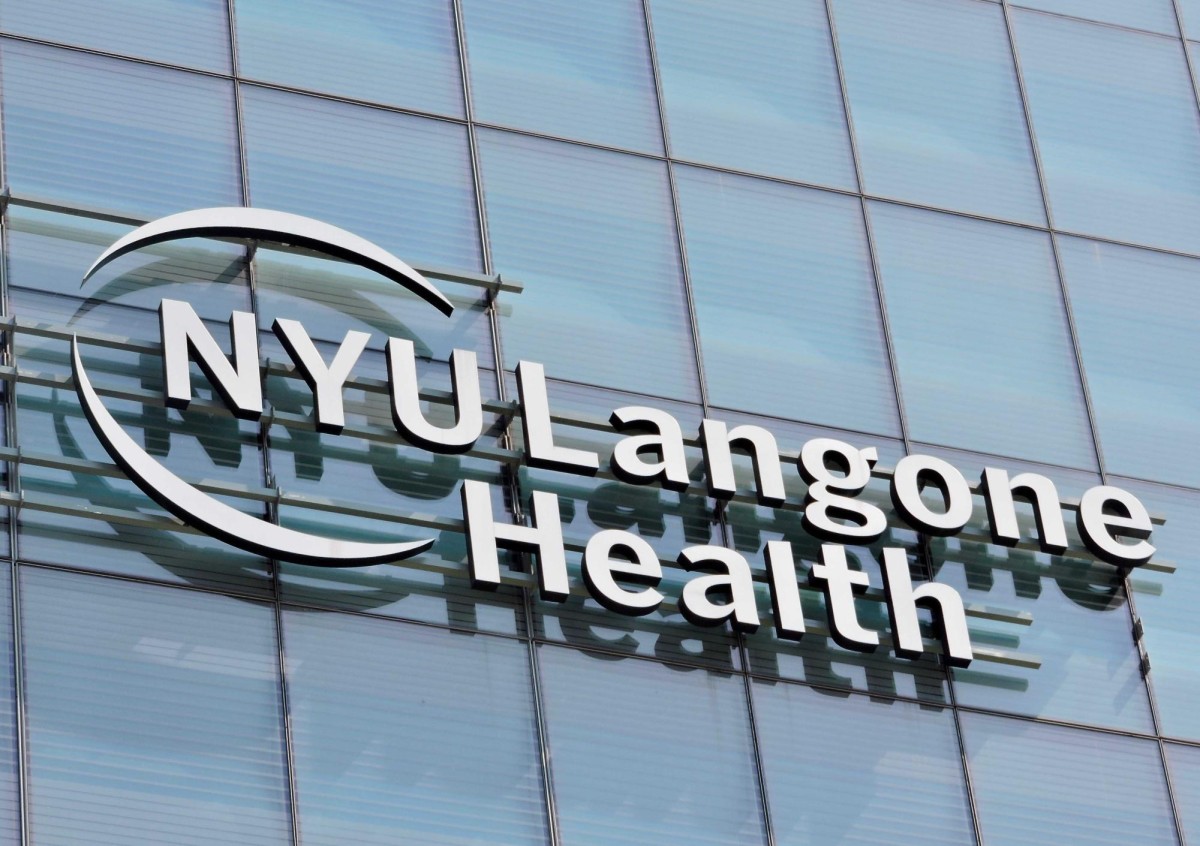NYU Langone Health is conducting a study to look at how artificial intelligence can help untrained health care workers perform ultrasound scans to detect blood clots in veins. The researchers leading the study are looking to complete and publish it sometime next year, and will then be able to submit their results for Food and Drug Administration approval.
The medical center is partnering with ultrasound AI company ThinkSono in the study to run a clinical trial for its ThinkSono Guidance technology, the first such trial in the country. The software is designed to detect deep vein thrombosis, a condition where blood clots develop in the veins. The software could help address preventable deaths caused by these blood clots and potentially reduce treatment costs for patients.
“Now you can have someone who isn’t formally ultrasound-trained to be able to perform these scans,” said Fouad Al-Noor, CEO of ThinkSono. “This would not only save patients’ lives and reduce waiting times potentially, but also reduce cost and make accessibility of ultrasound more universal.”
As part of the Grossman School of Medicine’s curriculum, some students will also help run the trial. Giancarlo Speranza, who is in his final year of the school’s dual M.D./M.B.A. degree program, is one of the students who will help conduct the study. He said NYU Langone patients participating in the study will receive a noninvasive, five-minute ultrasound scan, which ThinkSono’s AI software will use to attempt to detect DVT. Clinicians will then review the data and compare the results to traditional ultrasound scans to determine the software’s accuracy.
“We’re really working on trying to make health care better, more affordable, more accessible, and ThinkSono checks a lot of those boxes at once,” Speranza said. “There’s not a lot of places where you’d have this kind of opportunity, but the infrastructure at NYU and the people at NYU and ThinkSono really made it possible.”
Every year, up to 900,000 Americans are affected by DVT, according to the Centers for Disease Control and Prevention, and the condition costs the U.S. health care system billions of dollars.
Glenn Jacobowitz, a professor of vascular and endovascular surgery at NYU Langone and principal investigator in the study, said that the technology could impact daily approaches to patient care.
“An effective ultrasound guidance technology would be a powerful tool in our diagnostic arsenal,” Jacobowitz said in a press release. “It’s the kind of innovation through which NYU Langone can literally change the way high-quality, efficient care is delivered to patients on a daily basis.”
Contact Aashna Miharia at [email protected].























































































































































